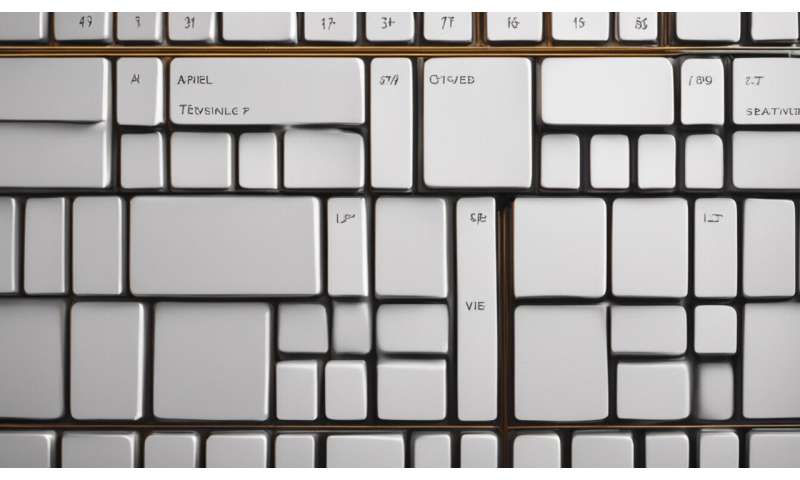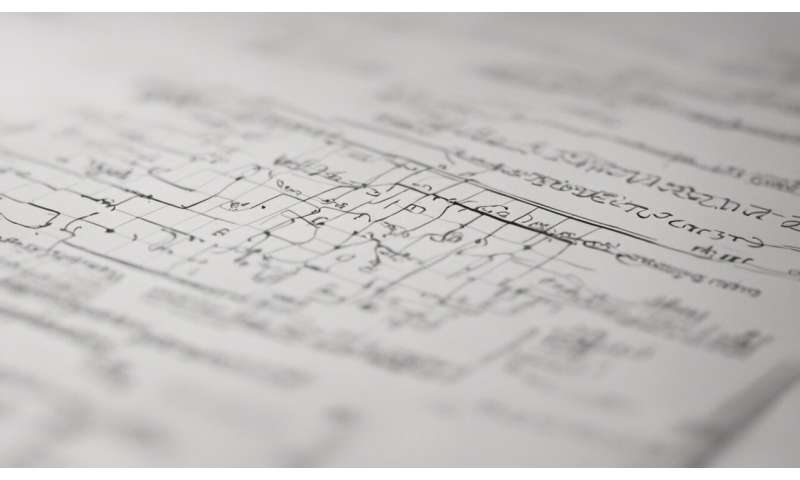Want to record your doctor’s appointment? Great idea, but first, check it’s legal


As you fire up your computer for a telehealth appointment, or prepare to walk in to see your doctor, you may be wondering whether to record your appointment. You might even think about doing it without asking permission first.
But recording without permission might be illegal depending on where you live, according to our latest research, published today.
And there may be repercussions for you and your health-care professional.
Why record a consultation?
When feeling unwell, or overwhelmed with a new diagnosis, it can be hard to take in and remember important health information your health-care practitioner provides.
Recording your appointments can help. It can help you recall and understand what you discussed. You can also share information about your diagnosis or ongoing care with family and friends.
Many health professionals support the idea of their patients recording their appointments.
Can technology help?
In the past few years there has been increasing interest in using digital technology to help people record their health-care consultations.
In Australia, we developed the SecondEars smartphone app at Peter MacCallum Cancer Center to allow people diagnosed with cancer to record on their phone, with back-up copies sent directly to their health service for storage.
In the United States and Europe, health services and clinics are developing in-house recording software and technology.
Most smartphones also have basic recording software that lets you record with or without asking your health professional. And amid the boom in telehealth due to COVID-19, it’s worth remembering videoconferencing software (such as Zoom) also has built-in recording functions.
What happens if I record?
Imagine you are going to record without telling your doctor, nurse or other health-care professional, or plan on sharing the recording later with other people. What does the law say?
We found this differs in each part of Australia, depending on where you are when you create or share the recording. The law doesn’t differ by the type of recording; audio and video are treated the same.
In some jurisdictions (Victoria, Queensland, NT, NSW, ACT and Tasmania) patients don’t need permission to record their appointment with a doctor, nurse or other health professional if the recording is just for their own use. So, if you want to record to remember what the doctor told you about upcoming surgery or how to take your medicines, you can, even without asking first.

In SA and WA, you usually need the health professional’s consent before recording.
In these states, a person who makes a covert recording for their own use can even face a fine or prison term (for example, in SA, there are fines of up to A$15,000 or prison for up to three years).
Can I share the recording?
Sharing a recording with others—whether this is in person or online—is subject to other rules. The health professional’s consent is sometimes needed for this even if it wasn’t needed for the recording in the first place.
However, in Queensland, Tasmania, NSW, SA and the ACT, as long as the original recording was done within the rules, you don’t need to ask for consent to share it just with family or close friends.
Sharing it more widely is another matter. Only in NSW and SA can you do this without the health professional’s consent (as long as the original recording was lawful).
While the law is messy, we think the overall answer is clear. Even if you don’t need your health professional’s permission to record your consultation, it is best to tell them you want to.
What if I ask and the doctor says ‘no’?
Some health-care professionals and organizations might be concerned you might share recordings on social media, or use them as a basis for a complaint.
The indemnity insurer MIPS tells its doctors that if the idea of recording makes them uncomfortable, they have the option to decline it. But we argue saying “no” to a patient’s reasonable request to record the consultation might harm the doctor-patient relationship, by eroding patient trust and confidence.
If you want to record your medical appointment, it could be worth talking with your doctor about how the recording could help you take better care of your health, and telling them what you intend to do with it.
You could also point out that advice in the United Kingdom suggests recordings can actually support doctors where there are legal disputes.
In one US institution, doctors who let their consultations be recorded get a discount for their indemnity insurance, because of the reduced risk of being sued for malpractice. It makes sense, because when there’s a recording, there is less chance of a disagreement arising over who said what.
Iron out any concerns early
Even if making or sharing a recording doesn’t break the law, doing so without everyone’s knowledge risks harming your relationship with your health-care professional, especially if they find out about it later.
Source: Read Full Article




